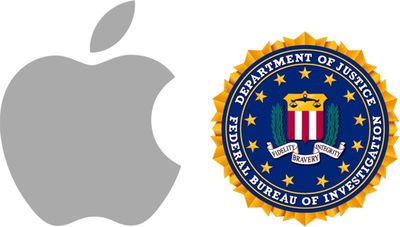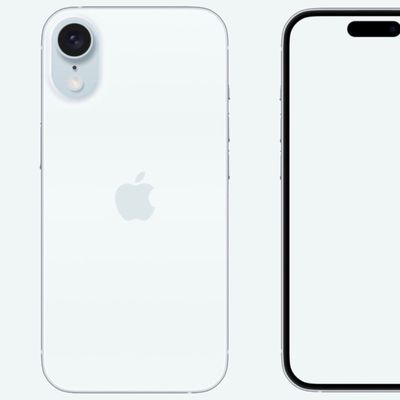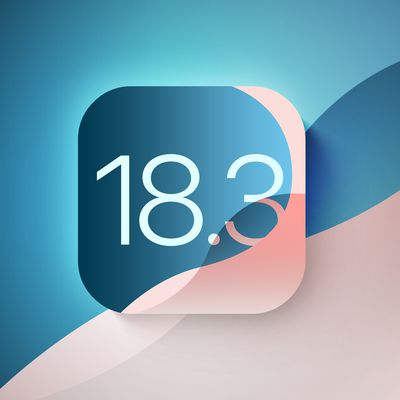Apple has officially filed a motion (via Re/code) to vacate the court order that would require the company to help the FBI hack into the iPhone 5c of San Bernardino shooter Syed Farook. "This is not a case about one isolated iPhone," reads the filing, going on to say the FBI is seeking a "dangerous power" that would undermine the security and privacy interests of hundreds of millions of people.
As expected, Apple argues that the All Writs Act, which the FBI is using in the case, does not give the government a pass to "conscript and commandeer" the company. "No law supports such unlimited and sweeping use of the judicial process," Apple writes. "And the Constitution forbids it." Apple believes setting a precedent for allowing the All Writs Act to be used in this way could lead to more insidious demands in the future, such as turning on the microphone or camera to aid in surveillance.

Apple says FBI's demand for new code would violate its First and Fifth Amendment rights, as it is the equivalent of compelled speech and is contrary to Apple's core principles. Apple also points towards the Communications Assistance for Law Enforcement Act, using it as evidence Congress limited the assistance companies must provide to law enforcement.
In addressing the twin needs of law enforcement and privacy, Congress, through CALEA, specified when a company has an obligation to assist the government with decryption of communications, and made clear that a company has no obligation to do so where, as here, the company does not retain a copy of the decryption key.
Apple says the government "sought to cut off debate and circumvent thoughtful analysis" by taking the case to the courts and invoking terrorism instead of pursuing new legislation. Once again, Apple says the FBI's demand to create new software that would allow it to brute force the passcode on the iPhone in question is "too dangerous to build" because it could fall into the hands of criminals and foreign agents.
In short, the government wants to compel Apple to create a crippled and insecure product. Once the process is created, it provides an avenue for criminals and foreign agents to access millions of iPhones. And once developed for our government, it is only a matter of time before foreign governments demand the same tool.
While the government insists the software would be used for a single phone, Apple points out that there are already multiple applications for similar orders. Assisting the FBI could quickly lead to additional orders using the case as a precedent should Apple be ordered to comply.
According to Apple, creating the software the FBI wants would necessitate between six and 10 Apple engineers dedicating a "substantial portion of their time" for a minimum of two weeks and up to four weeks.
It would require new code, detailed documentation, the development of encryption procedures, and rigorous quality assurance testing with the entire development process carefully logged. If the need should arise to respond to multiple demands, Apple would need to create "full-time positions" in a new "hacking" department.
Apple ends its motion by calling for the decision on security to be made by American citizens through the democratic process rather than through a court order.
Society is still debating the important privacy and security issues posed by this case. The government's desire to leave no stone unturned, however well intentioned, does not authorize it to cut off debate and impose its views on society.
Now that Apple has filed its official opposition, it will need to wait for a response from the courts. Should the motion to vacate be denied by the district court, Apple has pledged to take its fight all the way to the Supreme Court.
Note: Due to the political nature of the discussion regarding this topic, the discussion thread is located in our Politics, Religion, Social Issues forum. All forum members and site visitors are welcome to read and follow the thread, but posting is limited to forum members with at least 100 posts.























